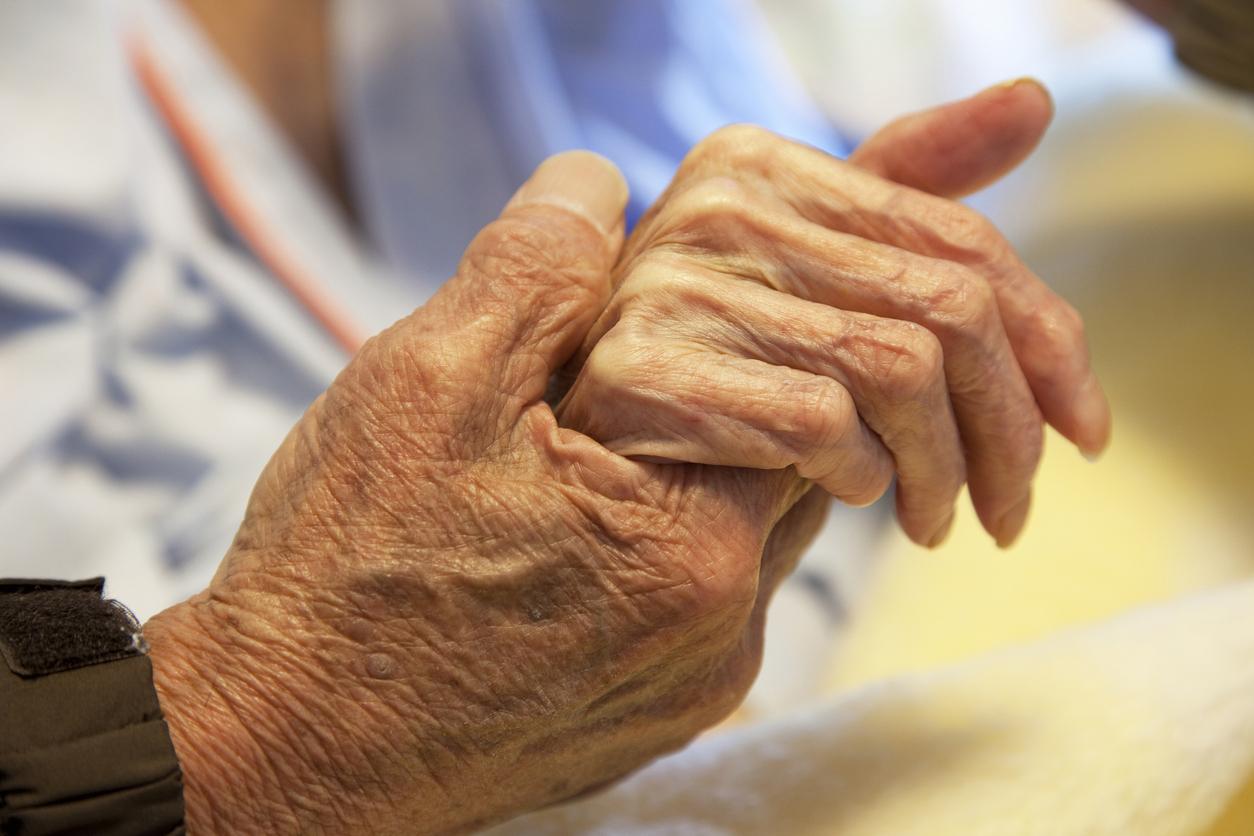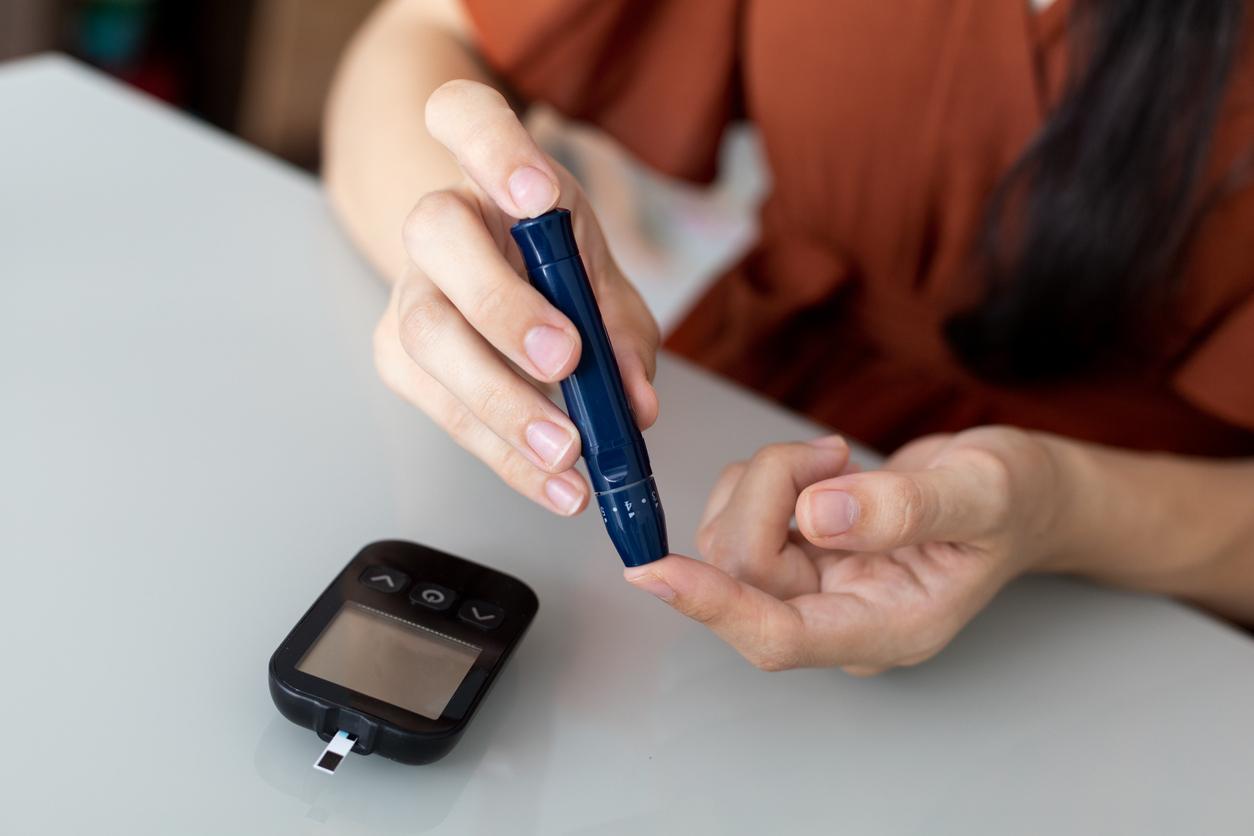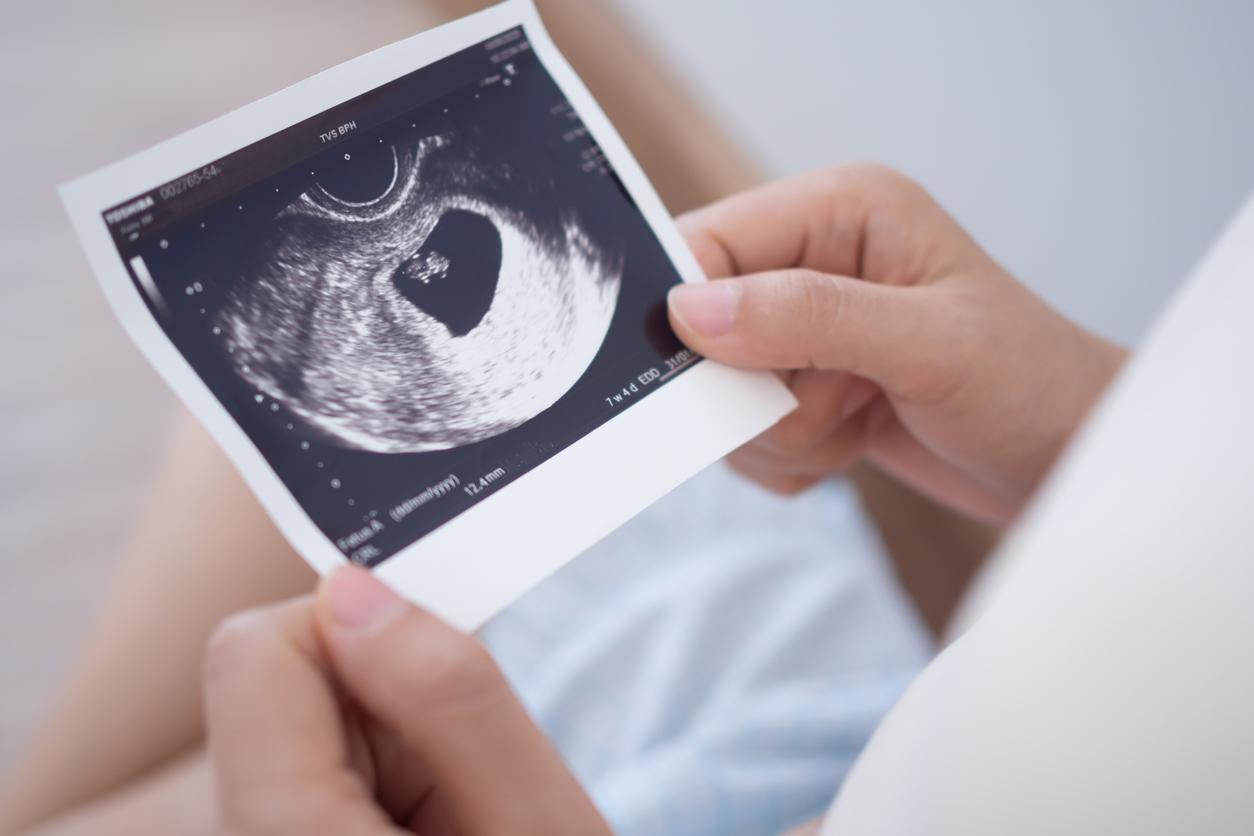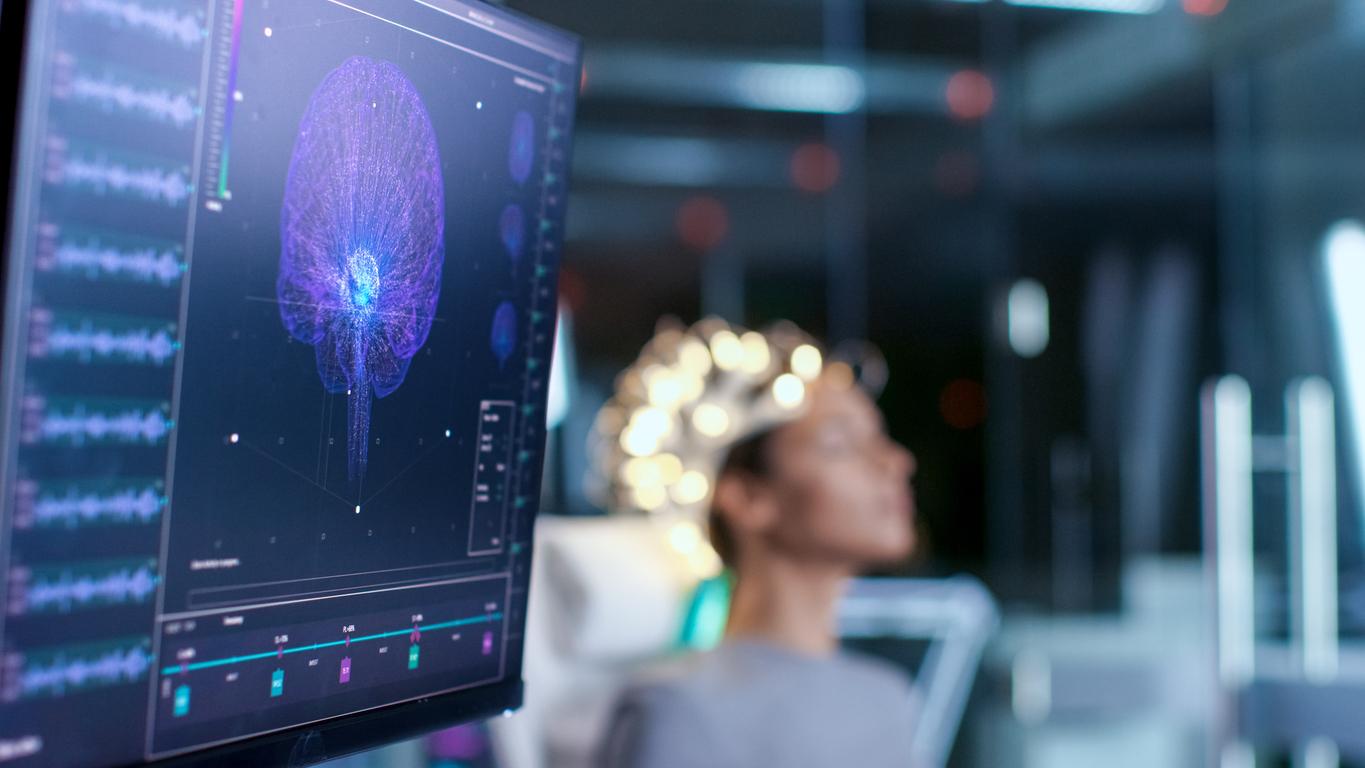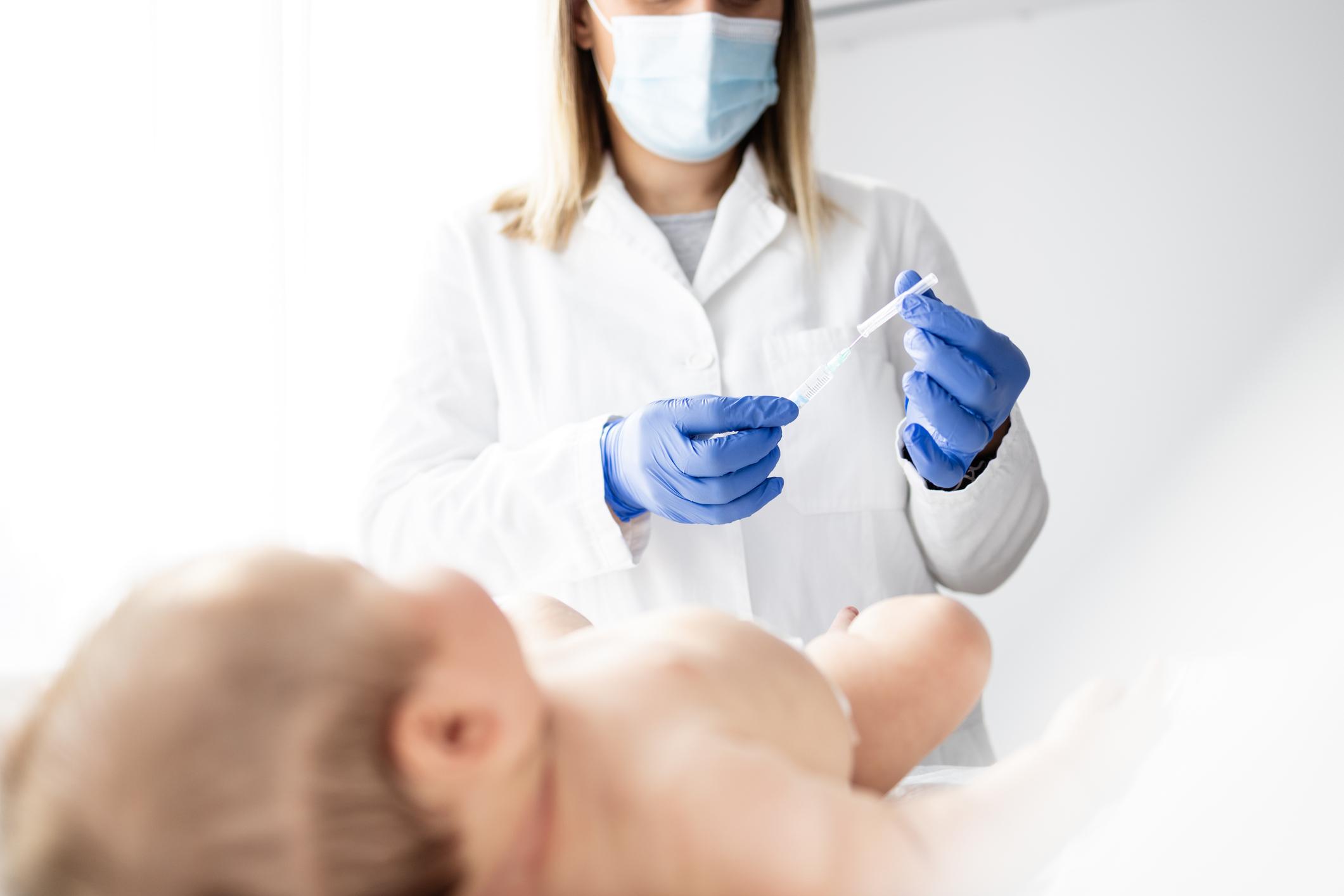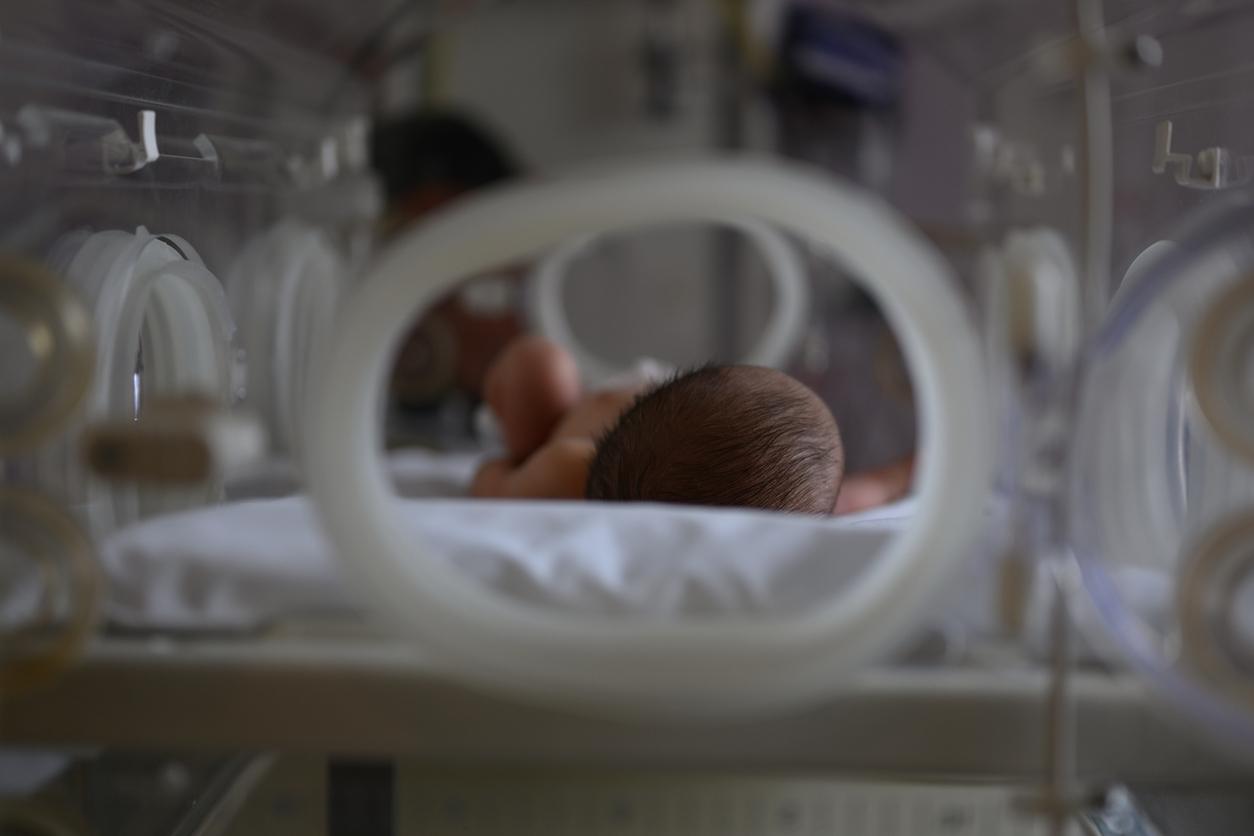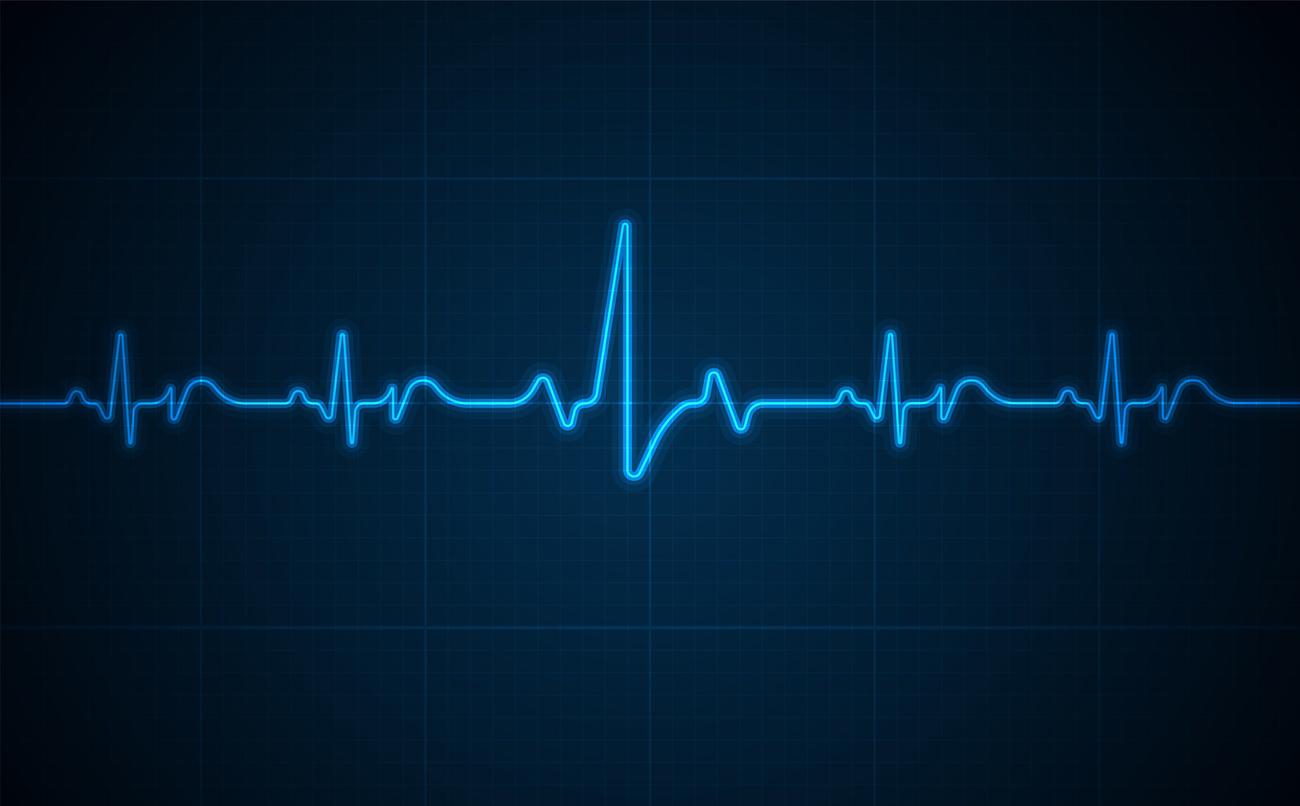Patients who have survived cardiac arrest say they were faced with their own death while unconscious. This could be the consequence of disinhibition, linked to the reduction in brain activity.
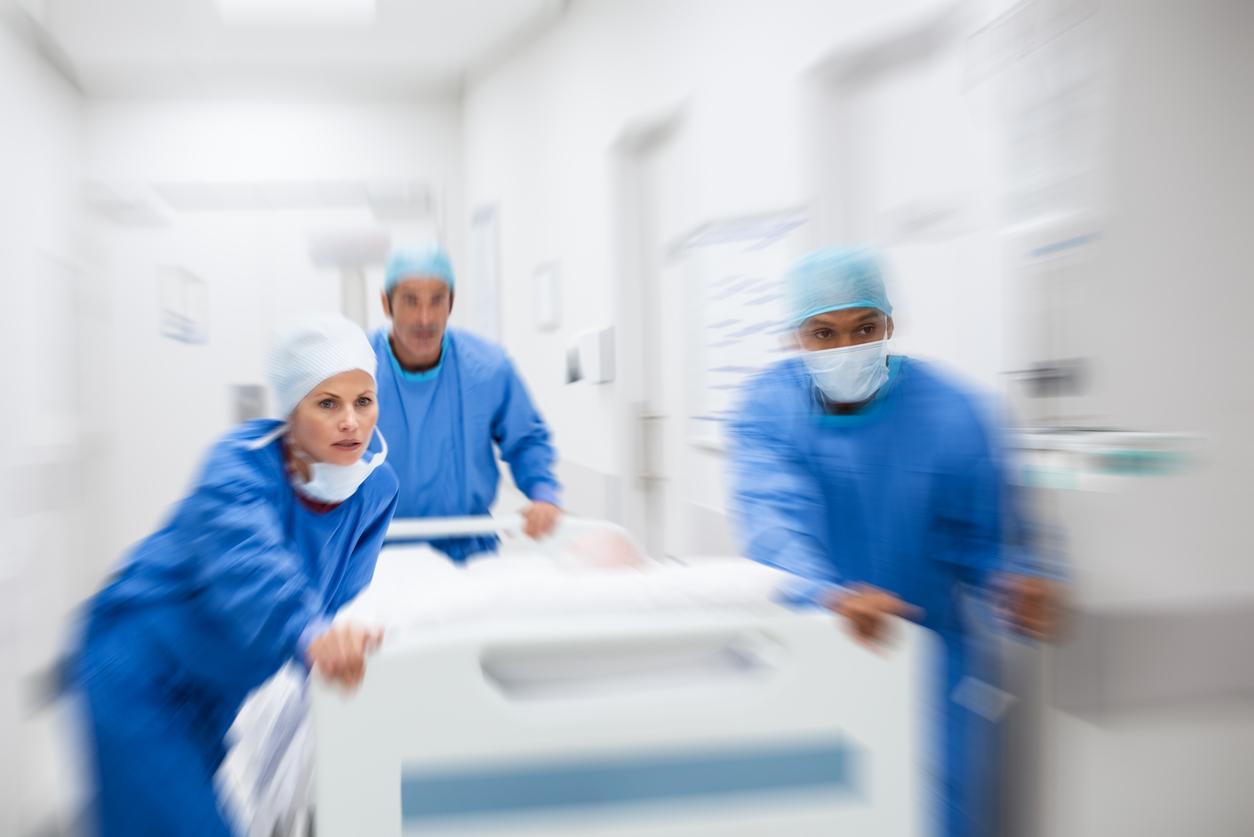
- After a cardiac arrest, people say they have had a near-death experience.
- According to researchers, this could be linked to variations in brain activity.
- People would then face a disinhibition which gives them access to all their memories, even the oldest.
Facing death up close, having the impression of seeing the film of one’s existence unfold, and returning to life: this is what people who have had a near-death experience feel. They have been unconscious, often after an accident, and have come back to life but felt things during that moment of unconsciousness. This phenomenon intrigues scientists. In the magazine Resuscitation, American researchers present the results of a study carried out on people who have survived cardiac arrest. Among them, several have had near-death experiences.
Cardiac arrest: patients remember resuscitation, even though they were unconscious
These scientists from the NYU Grossman School of Medicine followed 567 men and women who suffered cardiac arrest. “A subset of 85 patients received brain monitoring during cardiopulmonary resuscitation, specify the authors. Additional accounts from 126 cardiac arrest survivors with memories were also examined to provide a better understanding of themes related to near-death experience.” They found that four out of ten patients had memories of cardiopulmonary resuscitation, “not taken into account by standard measurements” of brain activity. These cardiac arrest survivors described near-death experiences that occurred while they were apparently unconscious.
The study also revealed that among patients who received brain monitoring, almost 40% had brain activity that returned to normal, or almost, even though they had had a flat encephalogram and resuscitation that had lasted an hour. “Although doctors have long believed that the brain suffers permanent damage about 10 minutes after the heart stops supplying it with oxygen, our work reveals that the brain can show signs of electrical recovery during and after a long period of resuscitation“, explains Sam Parnia, lead author of this study. These changes are potential signs of the near-death experience.
How can we explain these near-death memories experienced by cardiac arrest survivors?
“Survivors have long reported heightened awareness and powerful, lucid experiences.”, indicate the authors of the study. For example, it may be a perception of separation from the body, a feeling of being able to observe current events without feeling pain, the emergence of old memories. “This new work shows that these death experiences were different from hallucinations, delusions, illusions, and dreams induced by resuscitation.”, warn these scientists. According to them, this could be linked to the reduction in brain activity; when the encephalogram is flat, the brain frees itself from its inhibitory systems. “This process, known as disinhibition, can open access to ‘new dimensions of reality'”, they believe, including the resurgence of old and recent memories. For Sam Parnia, these results shed light on little-known facets of human consciousness, but could also help prevent brain damage linked to cardiac arrest.










